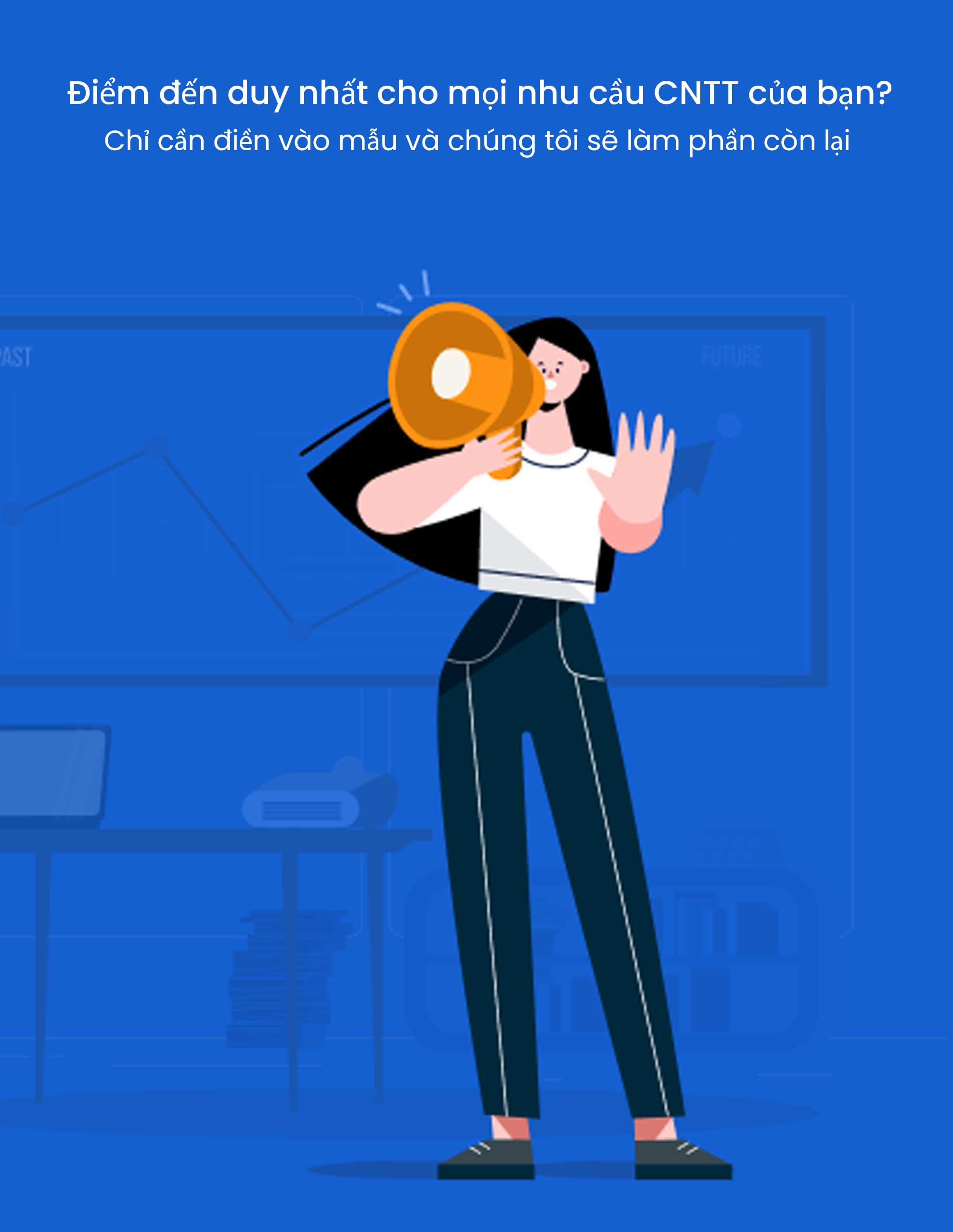6 Applications of IoT in Life Not Everyone Knows
Overview of IoT
The Internet of Things (IoT) is a network of interconnected devices, vehicles, and other objects that collect and exchange data. These devices are equipped with sensors, actuators, and connectivity, enabling them to interact with the physical world and each other. IoT has the potential to revolutionize various industries and aspects of our daily lives. While many people are aware of the common IoT applications like smart homes and wearables, there are several lesser-known yet impactful areas where IoT is making a significant difference.
1. IoT Applications in Agriculture
- Precision Agriculture: IoT sensors can monitor soil moisture, temperature, and nutrient levels, enabling farmers to optimize irrigation and fertilization practices.
- Livestock Monitoring: IoT devices can track animal health, behavior, and location, improving herd management and disease prevention.
- Crop Yield Prediction: By analyzing weather data, soil conditions, and historical crop data, IoT can help farmers predict yields and make informed decisions.
2. IoT Applications In Smart Homes
- Energy Efficiency: Smart thermostats, lighting systems, and appliances can optimize energy consumption, reducing utility bills.
- Security Systems: IoT-enabled security cameras, door sensors, and alarm systems enhance home security.
- Remote Monitoring: Monitor and control home appliances and systems remotely, providing convenience and peace of mind.
3. IoT Applications in Industry
- Predictive Maintenance: IoT sensors can monitor the health of machinery and predict potential failures, reducing downtime and maintenance costs.
- Supply Chain Optimization: IoT can track the movement of goods, optimize inventory levels, and improve supply chain visibility.
- Quality Control: IoT sensors can monitor product quality and identify defects early in the manufacturing process.
4. IoT Applications in Healthcare
- Remote Patient Monitoring: IoT devices can monitor patients’ vital signs, medication adherence, and activity levels, enabling remote care and early intervention.
- Smart Wearables: Wearable devices can track fitness, sleep patterns, and heart rate, promoting healthy lifestyles.
- Medical Device Connectivity: IoT can connect medical devices to healthcare systems, enabling real-time data sharing and improved patient care.
5. Applications of IoT in Life
Beyond these specific sectors, IoT is impacting various aspects of our daily lives in ways we might not immediately recognize.
- Smart Cities: IoT can optimize traffic flow, improve public transportation, and enhance urban planning.
- Environmental Monitoring: IoT sensors can monitor air and water quality, detect pollution, and track climate change.
- Retail: IoT can enable personalized shopping experiences, inventory management, and supply chain optimization.
- Logistics: IoT can track shipments, optimize routes, and improve delivery efficiency.
6. Applications of IoT in technology
- Web Development
- Mobile Application Development
- Web Design
- App Developers
- Mobile App Development
- Mobile App Developers
By mastering these skills, you can help create innovative IoT solutions that improve our lives and shape the future of technology.
The Future of IoT
As IoT technology continues to evolve, we can expect to see even more innovative and impactful applications. The potential benefits of IoT are vast, ranging from increased efficiency and productivity to improved quality of life and sustainability. However, it is crucial to address the challenges associated with IoT, such as data privacy, security, and interoperability.
By embracing the power of IoT, we can shape a future where technology empowers us to live better, work smarter, and protect our planet.
In fact, in what fields can IoT be applied?
The applications of IoT are vast and continue to expand. Some of the key fields where IoT is making a significant impact include:
- Agriculture
- Smart Homes
- Industry
- Healthcare
- Smart Cities
- Environmental Monitoring
- Retail
- Logistics
- Automotive
- Finance
- Education
Conclusion
As we’ve explored, IoT has the potential to revolutionize numerous industries and aspects of our daily lives. From smart homes and wearable devices to industrial automation and healthcare, the applications of IoT are vast and far-reaching.
However, it’s important to recognize that the successful implementation of IoT requires careful consideration of ethical, security, and privacy concerns. As we continue to embrace this technology, it’s essential to strike a balance between innovation and responsibility.
By understanding the potential benefits and challenges of IoT, we can harness its power to create a smarter, more connected, and sustainable future.




